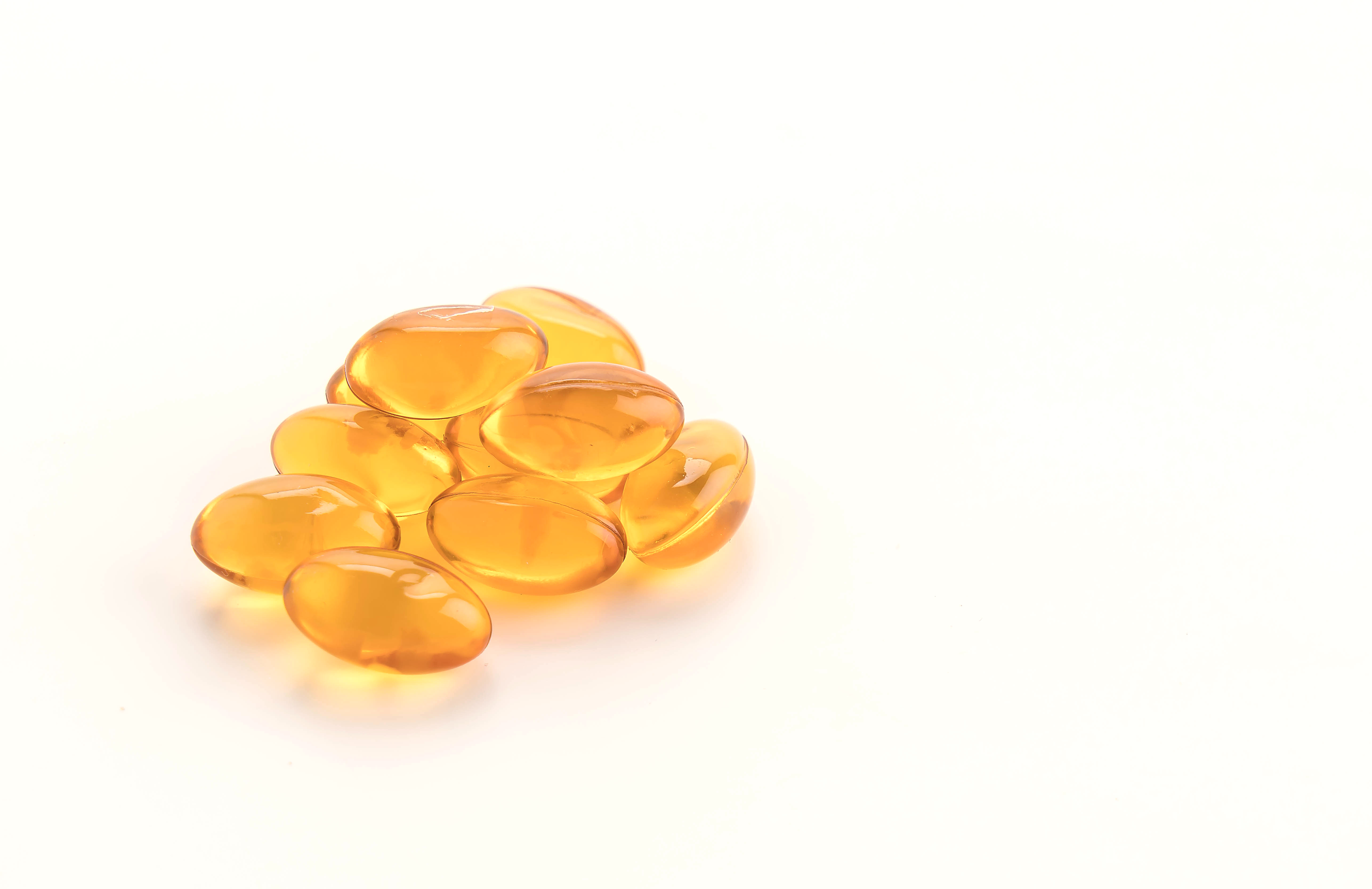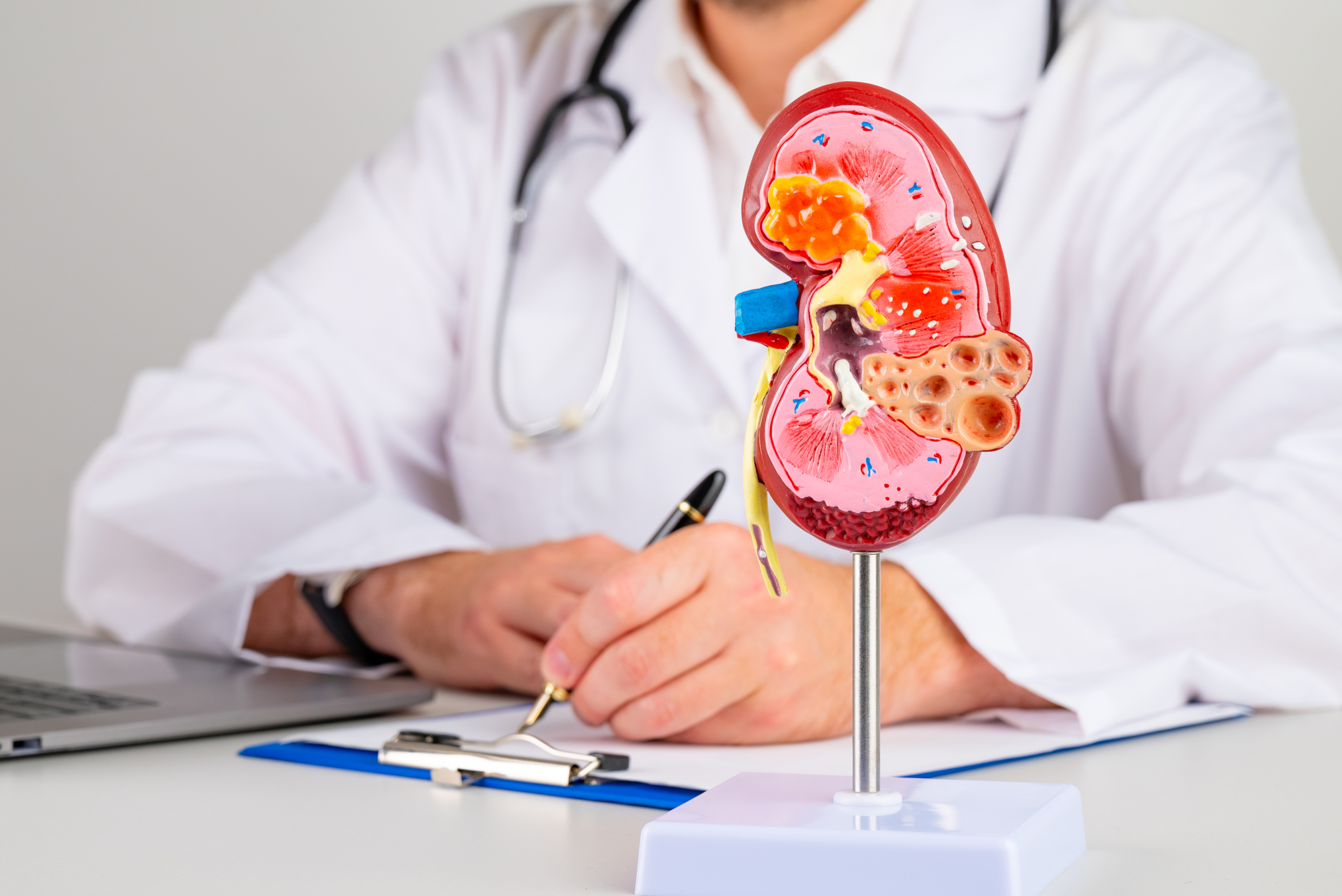What is vitamin D? Everything you need to know



Vitamin D is a fat-soluble vitamin, naturally present in some foods and added to others, meaning that any excess is retained in the body instead of being eliminated by urination, as water-soluble vitamins are.
When exposed to ultraviolet light from the sun, the body can also manufacture vitamin D, but some gene variations can stop this from happening in some people's bodies. The hormone calcitriol, also known as activated vitamin D or calcitriol, is created when vitamin D enters the body.
Vitamin D can be found in both your daily diet and supplementary pills:
Ergocalciferol: Vitamin D2 is present in certain mushrooms.
Cholecalciferol: A form of vitamin D3 is present in egg yolks, fish liver oil, and oily fish.
Even a balanced diet is likely to be deficient in vitamin D. Instead, getting enough sun exposure is essential: According to some researchers, if you expose your face, arms, legs, or back to the sun for five to ten minutes between the hours of 10 a.m. and 3 p.m. twice a week, you'll probably get enough vitamin D.

Even though it's challenging to get the adequate vitamin D you need from food sources, eating well-balanced foods with sufficient vitamin D doesn't have the same potential health hazards as excessive sun exposure. The top vitamin D sources are listed below.
1. Cod liver oil
2. Swordfish
3. Fatty fish
4. Orange juice enriched with vitamin D
5. Milk enriched with vitamin D
6. Yoghurt enriched with vitamin D
7. Animal liver
8. Egg yolks
Vitamin D supplement is also available in tablet form in the market.

All things considered, most persons should be able to maintain adequate blood levels of vitamin D with daily consumption of 1,000–4,000 IU or 25–100 micrograms.
The National Institutes of Health state that 4,000 IU is the safe, top level. A healthcare provider should always be consulted before taking additional supplements.

According to an analysis published in 2014, the ideal blood levels of 25(OH)D for all outcomes appeared to be around 30 ng/mL (75 nmol/L).
The ideal vitamin D levels are still debatable, but according to another analysis, athletes should aim for vitamin D levels between 30 and 40 ng/mL (75 and 100 nmol/L).
Many investigations have discovered variations in serum levels of 25(OH)D amongst ethnic groups; research has suggested that genetic and environmental factors may be responsible for these variances. Using supplements to reach these acceptable levels may result in dangerous vascular calcification.

Calcium and phosphate levels in the body are regulated with the help of vitamin D.
These nutrients are necessary to maintain strong bone health, teeth, and muscles.
Low vitamin D can result in bone discomfort from osteomalacia in adults and bone abnormalities such as rickets in children.

A vitamin D shortage can cause a decrease in bone density, which can lead to osteoporosis and fractures (broken bones).
Other disorders can develop as a result of severe vitamin D deficiency. It may result in rickets in children. The rare condition of rickets makes the bones brittle and prone to breaking.
African American children and neonates are more prone to suffer rickets. Adults with severe vitamin D deficiency develop osteomalacia. Osteomalacia causes weak muscles, painful bones, and brittle bones.
Numerous diseases, such as cancer, diabetes, high blood pressure, and autoimmune conditions like multiple sclerosis, are being studied in relation to vitamin D. More research is needed before they can understand how vitamin D affects these illnesses.

Some vitamin D deficient people don't show any symptoms. However, a continuous shortage can lead to hypocalcemia, a disease with insufficient calcium, and hyperparathyroidism, a condition in which the parathyroid glands generate an imbalanced hormone that raises blood calcium levels.
The following secondary symptoms could result from these conditions:
Bone fragility, particularly in senior people
Myalgias, muscle pain, arthralgias, joint stiffness, osteoporosis, bone pain, weariness, muscle twitching or muscle weakness.
If vitamin D shortage lasts for a long time, consequences could include:
Cardiovascular issues
Autoimmune conditions
Infections and neurological conditions
Pregnancy-related issues
Certain malignancies, such as those of the breast, prostate, and colon
Dark skin cancer

The main side effect of vitamin D toxicity is hypercalcemia, which can result in nausea, vomiting, weakness, and frequent urination. Hypercalcemia is the result of an accumulation of calcium in your blood. Kidney issues, such as the development of calcium stones and bone discomfort, may result from vitamin D intoxication.
One woman admitted having vomiting and weight loss after taking a pill that's been later found to contain 78 times more vitamin D than what was stated on the label.
It's important to note that these symptoms appeared in reaction to exceptionally high vitamin D3 doses that resulted in calcium levels higher than 12 mg/dL.
In one case study, a youngster who took incorrectly labelled vitamin D pills reported stomach pain and constipation, while his brother had higher blood levels without any additional symptoms.
When a person has vitamin D poisoning, hypercalcemia can result in an altered mental state.
Confusion, despair, and psychosis are common vitamin D toxicity-induced hypercalcemia symptoms. In rare instances, coma has been documented.
In a case report from 2021, a 64-year-old man accidentally took 200,000 IU of vitamin D daily after misreading the medication's instructions. He displayed a changed mental state as well as other severe hypercalcemia-related symptoms.
Your body can more easily absorb calcium from your diet if you have vitamin D. In actuality, one of its most significant functions is this.
However, if you consume too much vitamin D, your blood calcium levels could rise to the point where they induce uncomfortable and sometimes harmful symptoms.
See our at-home vitamin D test here if you want to check your vitamin D levels.
At Welzo, we also offer Vitamin Deficiency Tests. To view, click here.










Plus get the inside scoop on our latest content and updates in our monthly newsletter.